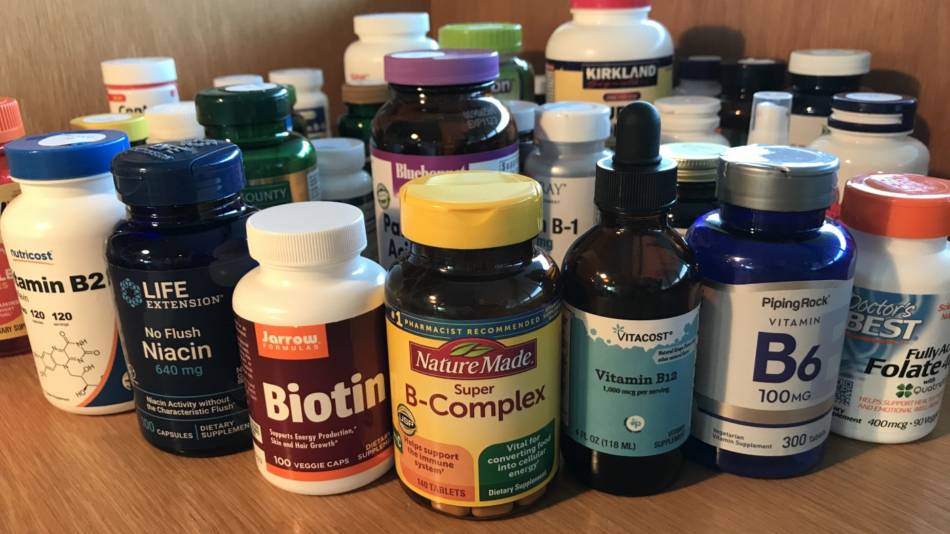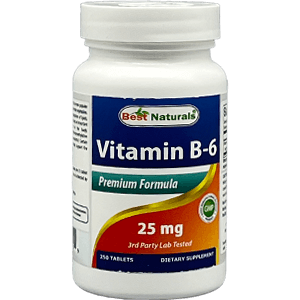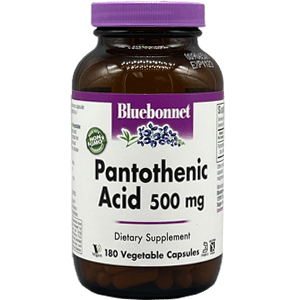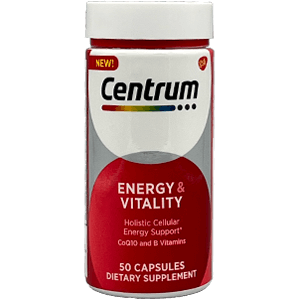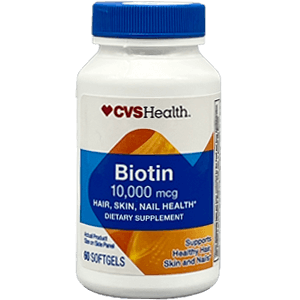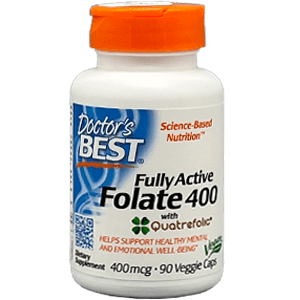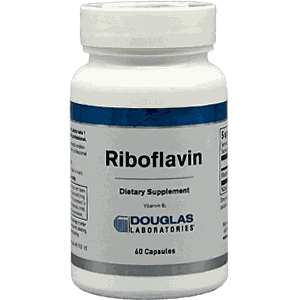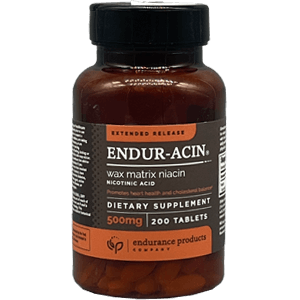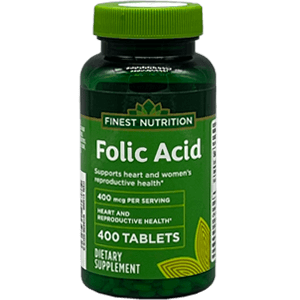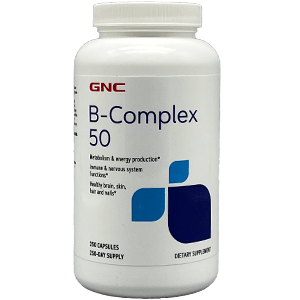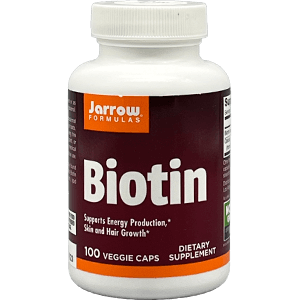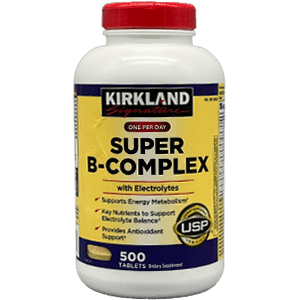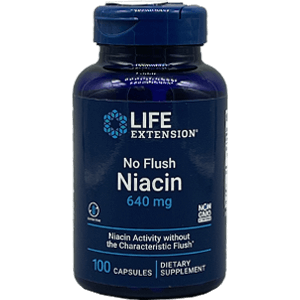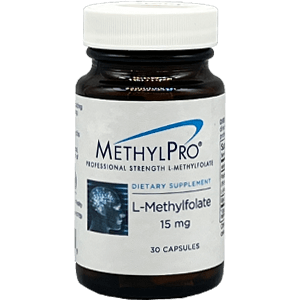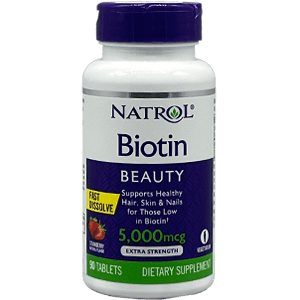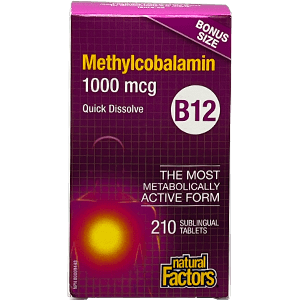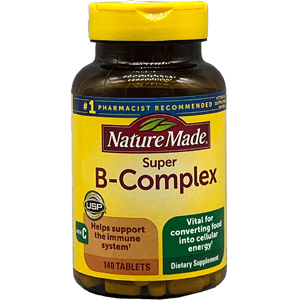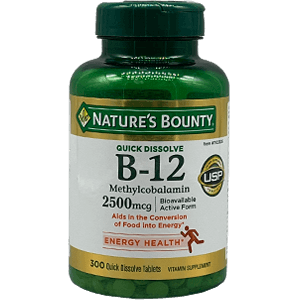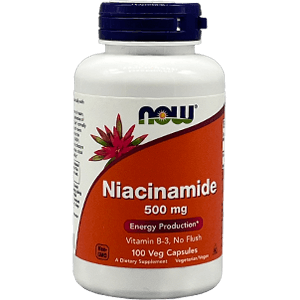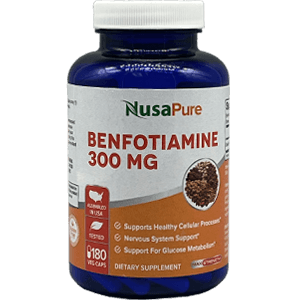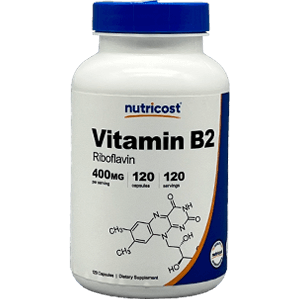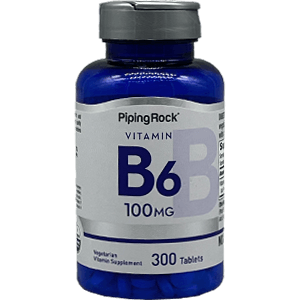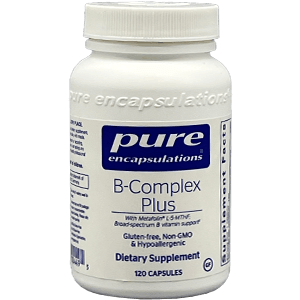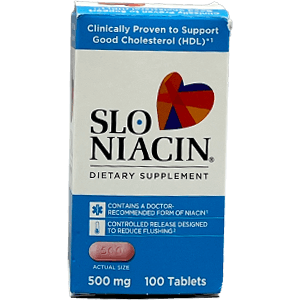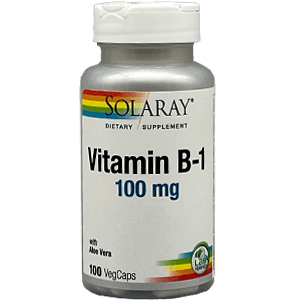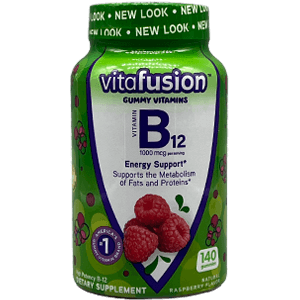Summary
-
Do B vitamins help?
While most people are not deficient in B vitamins (since these vitamins can be easily obtained from foods), older people and those taking medication to reduce stomach acid may be low in B-12 and taking it can help slow age-related decline in memory. Pregnant women should be sure to get folate from a supplement to help avoid birth defects, and people with genetic mutations affecting the MTHFR enzyme may benefit from a form of folate known as methylfolate. High-dose niacin can help lower high cholesterol levels. Although the evidence is preliminary, a high dose of biotin may help strengthen nails. There is also preliminary evidence that benfotiamine, a derivative of thiamine (B-1), may lessen nerve pain in people with diabetes, but more research is needed to confirm a benefit. More information about what each of the B vitamins can and cannot do is found in the Background section and in the ConsumerTips™ sections for each of the B vitamins.. -
How much of each B vitamin to take?
This depends on your nutritional needs but, generally, B vitamin supplements are formulated to provide much more than you need and this can be a problem for the three B vitamins that can cause toxicity — niacin, folate and B-6. Too much B-12 may also cause problems, including acne. Furthermore, it is now acknowledged that you need less of many B vitamins than believed in the past. In the results table, we show you how products stack up against the latest recommendations (see the numbers in green), as well as which exceed the tolerable limits for niacin, folate, and B-6. Which B vitamin supplement is best?
For each B vitamin or B complex, we identify CL's Top Picks. These "picks" were found in testing to be accurately labeled for B vitamins, meet other quality criteria, and represent excellent value for your money. However, four products failed our tests for providing less or more ingredient than listed. These four products are listed as "NOT APPROVED" in the results table.

